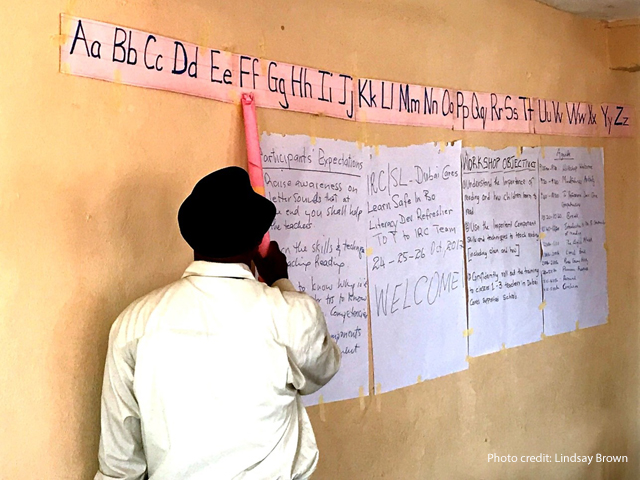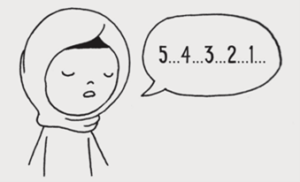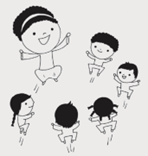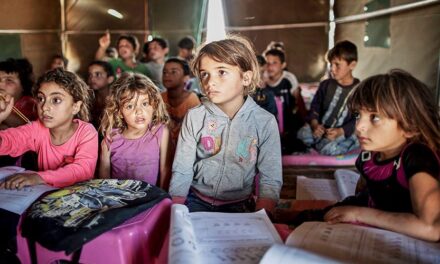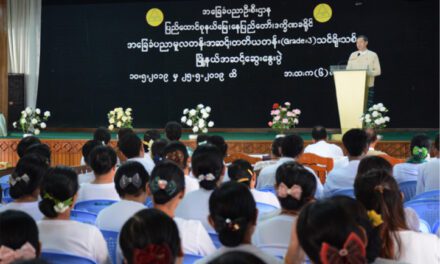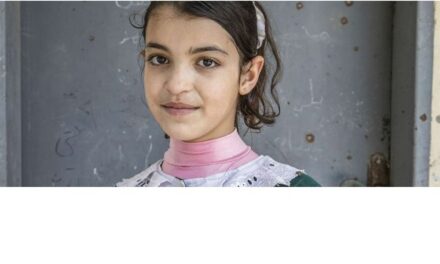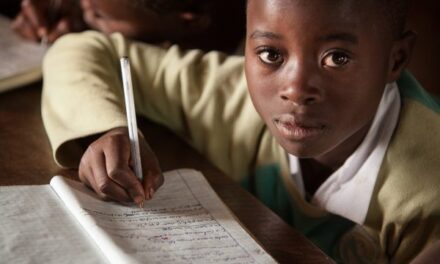This blog was written by Zezhen (Michael) Wu, Hirokazu Yoshikawa and J. Lawrence Aber, Department of Applied Psychology, and Lindsay Brown and Ha Yeon Kim, Global TIES for Children, New York University.
|
Key messages for researchers and practitioners:
|
What are the challenges in developing social-emotional learning (SEL) programs for children in humanitarian contexts?
When children are caught in the middle of war or epidemics, their lives can be turned upside down. This makes it especially hard for them to receive the education and support they need to grow and thrive. One way to help is through social-emotional learning (SEL) programs in schools.
SEL programs have been shown to be effective in Western, high-income countries in helping children develop important social and emotional skills, and to do better in school. But when it comes to children living in crisis-affected areas, it’s not always clear what kind of SEL programs will work best. Many existing programs that have been developed in Western countries may not be a good fit for children living in crisis-affected areas. These programs are often “comprehensive”, with a set curriculum and lessons to follow. But in places where the education system is struggling due to war or epidemics, it can be hard to make these programs work. Children may not be able to attend school regularly, and it can be hard to implement the programs as they were intended.
How do we address these challenges using a field-feasible approach to programming?
A field-feasible approach means that the programs are more easily deployable and adaptable in the field, require minimal training, and depend less on the strict sequence and structure of the program components to elicit the intended treatment effect.
One notable effort in building such an approach is the brief and skill-targeted SEL activities developed by the International Rescue Committee (IRC) in collaboration with the Harvard EASEL Lab and implemented through the Education in Emergencies – Evidence for Action (3EA) initiative in multiple countries in the Middle East and Africa.
Specifically, these brief activities are simple, brief, and essential elements of larger, more complex evidence-based SEL practices. They are designed to be flexibly implemented daily in classrooms by the teachers. These activities are being proposed as additions to IRC’s SEL- infused academic programs to provide key support for children’s growth and behavioral change. Teachers are trained to use a menu of locally-adapted activities and can flexibly choose any activity that best suits their student’s needs in every day’s session.
What are the brief and skill-targeted SEL activities that we study?
IRC trained teachers to implement Mindfulness and Brain Games activities on a daily basis in 60 classrooms from 2017 to 2018 in the Bo District in Sierra Leone, which was severely impacted by armed conflicts and the Ebola pandemic.
Mindfulness draws influence from evidence-based practices of mindfulness and the activities in Mindup to enhance students’ stress regulation (e.g. Belly-breathing exercises to slow down their breathing and guide students to be aware and focused). Mindfulness activities fall into one of the three activity groups: 1 = Beginner/ Discovering; 2 = Advanced/Experimenting; 3 = More advanced/Accepting.
Brain Games are active ingredients in a larger SEL program called SECURe to enhance executive function (e.g. Teacher-facilitated games that promote executive functions including: 1) focus (attention skills); 2) remember (working memory); and 3) stop & think (inhibitory control) (Jones et al., 2019)). Brain Games activities fall into one of the three activity groups: 1 = Stop & Think; 2 = Remember; 3 = Focus.
What don’t we know about these brief and skill-targeted SEL activities?
One drawback to this field-feasible approach to programming is that since teachers can choose which activities to use, there can be many variations in the implementation dosage. These variations can occur in how much (quantity), how often (repetition pattern), and for how long (duration) the specific activities are implemented. Therefore, we conducted a study to explore ways to measure these elements of dosage for two sets of brief and skill-targeted SEL activities.
How do we define and measure the dosage of brief SEL activities?
Because these activities are designed to be brief and repeatable, we define the dosage of these activities in relation to how they are repeatedly implemented by teachers. We then calculated the following measures from teachers’ daily implementation report (of what was implemented and for how long):
- Quantity: 1) Number of implemented SEL activities, and 2) number of unique SEL activities implemented in a certain period
- Duration: The average length of an activity session
- Temporal pattern: 1) The average number of implemented activities before at least one activity targeting each SEL skills has been implemented, and 2) the average number of implemented activities between two repeated activities targeting the same SEL skills
What are our key findings?
Potential impact on attendance:
- Implementing a larger amount of SEL activities and introducing more variety in the implemented activities predicted a higher attendance rate.
- More frequent repetition of activities designed to target the same more challenging Mindfulness skill also predicted a higher attendance rate.
Potential impact on child development:
- More variety in the implemented SEL activities predicted fewer concentration problems and more prosocial behaviour.
- A longer average duration of SEL activity predicted more prosocial behaviour.
- Implementing more activities targeting the same Brain Games skill before trying other skills predicted more prosocial behavior.
What are our recommendations for program design and implementation?
Even though our findings might not be generalisable to other contexts, we would make the following implementation recommendations:
- Implement more SEL activities and at least aim for the intended amount.
- Introduce a variety of SEL activities when teachers deem fit for the children.
- Stick to the intended duration of the session, and DO NOT skip the reflection session.
These recommendations may be used to design brief and skill-targeted SEL activities and guide implementation in humanitarian settings like Sierra Leone. Future research should explore more fine-grained and various types of dosage measures to build a comprehensive understanding of the use of brief and skill-targeted SEL activities in SEL programs.
Reference
You can find more detailed information about our methods and findings in the following journal article:
Wu, Z., Brown, L., Kim, H. Y., Yoshikawa, H., & Aber, J. L. (2023). Measuring the dosage of brief and skill-targeted social-emotional learning (SEL) activities in humanitarian settings. Frontiers in Psychology, 13. https://www.frontiersin.org/articles/10.3389/fpsyg.2022.973184

